Disclosure: This article contains affiliate links. We may earn a commission from purchases at no extra cost to you, which helps our travel content.
Standing at Polokwane International Airport after a 16-hour journey from Chennai, I faced the familiar traveler's question: now what? This gateway to South Africa's Limpopo province isn't as straightforward to navigate as Johannesburg or Cape Town, but what it lacks in transit infrastructure, it makes up for in affordability and adventure potential. After spending a week exploring this underrated city and its surroundings with two fellow travel bloggers and their families, I've compiled everything you need to know about getting around Polokwane without breaking the bank.
Airport Transfers: Your First Transport Decision
Polokwane International Airport (PTG) sits about 5km northeast of the city center, making your first transportation choice relatively straightforward. Unlike major South African hubs, your options here are limited but sufficient.
The most budget-friendly option is the airport shuttle service that runs approximately every hour to the city center for around 50 rand ($3 USD). Look for the clearly marked shuttle stop outside the arrivals area. While convenient, these shuttles only operate from 7am to 7pm.
For families traveling with children or carrying substantial luggage, I recommend pre-booking an airport transfer. During my visit with the Sharma family (colleagues from Chennai with two energetic kids), we used Airport Transfers South Africa. At 250 rand (about $15 USD) for a family-sized vehicle, it was worth every penny for the door-to-door convenience.
Taxis are also available outside the terminal, but always negotiate the fare before entering the vehicle. Expect to pay 150-200 rand to reach the city center.
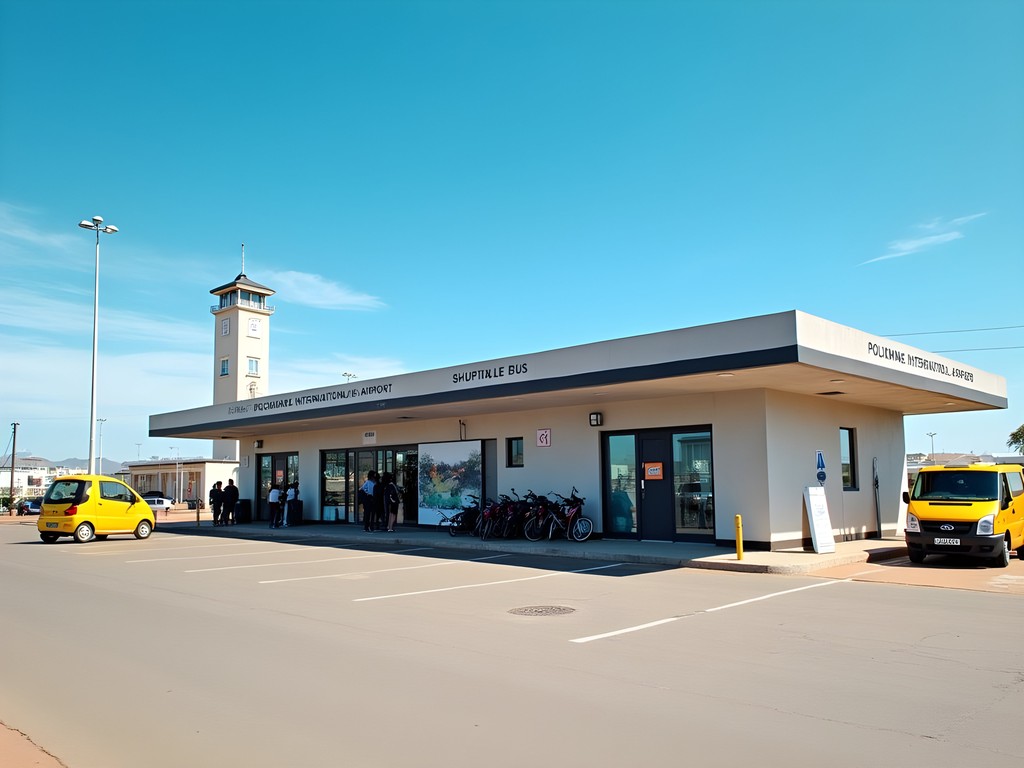
💡 Pro Tips
- Pre-book airport transfers at least 48 hours before arrival for guaranteed service
- Have rand currency ready for shuttle buses as they don't accept cards
- Save the contact information of your driver for potential return trips
Getting Around the City: Buses, Taxis and Rideshares
Polokwane's public transportation system consists primarily of the Great North Transport (GNT) buses and informal minibus taxis. As someone who's navigated public transit across four continents, I found Polokwane's system basic but workable with some advance planning.
GNT City Buses: These large green buses cover major routes through the city for just 10-15 rand per trip. Routes radiate from the central Church Street terminal, with service from around 5:30am to 7pm. Schedules can be somewhat unpredictable, so build buffer time into your plans. I found the R3 route particularly useful for reaching the Savannah Mall and the R5 for the Flora Park area.
Minibus Taxis: These ubiquitous 16-seater vans are the backbone of local transportation. At 12-15 rand per trip, they're affordable but can be intimidating for first-timers. They operate on set routes but without fixed schedules—they depart when full. The main taxi rank is next to the Indian Centre in the CBD. Always confirm your destination before boarding and have exact change ready.
Ridesharing Apps: For families especially, I recommend Bolt, which operates throughout Polokwane. It's more expensive than public options (expect 60-100 rand for most in-city trips) but offers convenience and peace of mind. The app works just like Uber, with upfront pricing and driver tracking.
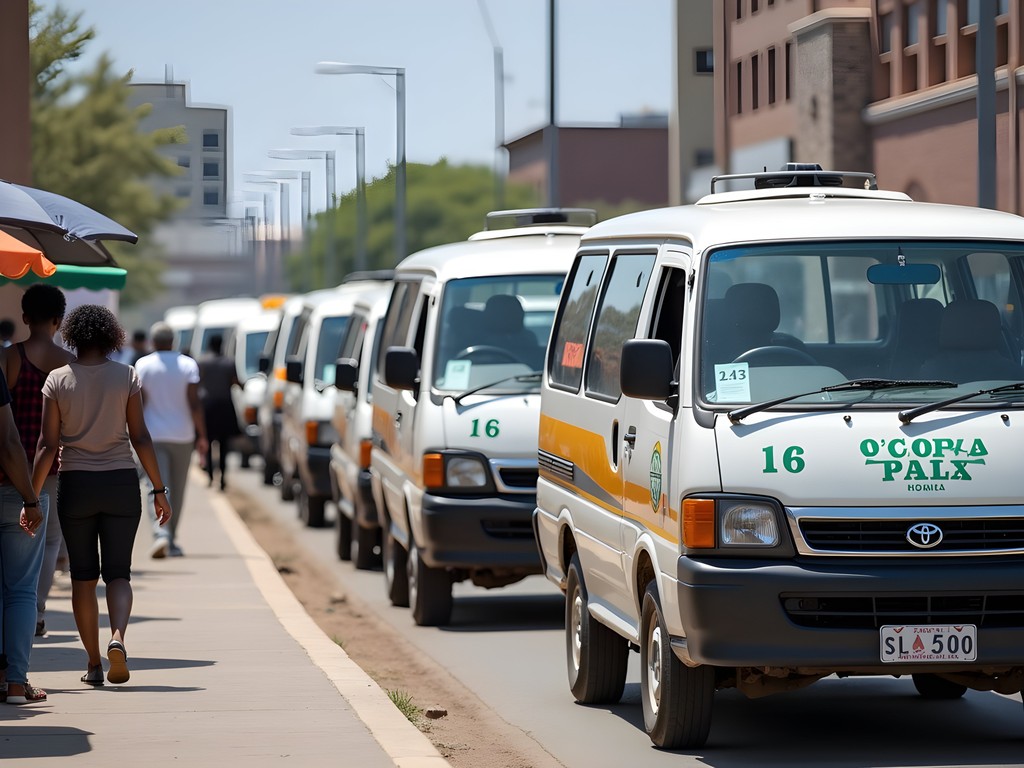
💡 Pro Tips
- Download the Bolt app before arriving in South Africa
- For minibus taxis, learn the hand signals for common destinations (locals can demonstrate)
- GNT buses accept cash only, so keep small denominations handy
Day Trips from Polokwane: Safari Adventures and Beyond
Polokwane's strategic location makes it an excellent base for exploring Limpopo province, but transportation logistics require some planning. During our week-long stay, we managed three spectacular day trips that highlighted the region's natural and cultural treasures.
Kruger National Park (Western Gates): While the full Kruger experience deserves multiple days, the park's Phalaborwa Gate is about 2.5 hours from Polokwane, making day trips possible. For our family group, we hired a driver through our guesthouse for 1,500 rand (about $90) for the day. If self-driving, a compact SUV rental is ideal for the journey and park roads. Budget approximately 900 rand daily for the rental, plus 400-500 rand for fuel.
Modjadji Cycad Forest: This sacred site about 60km east of Polokwane requires private transportation. We joined forces with another family staying at our guesthouse and arranged a half-day tour through Limpopo Tours for 650 rand per person, which included transportation and a knowledgeable guide who explained the cultural significance and sacred geometry present in the cycad patterns.
Bakone Malapa Open-Air Museum: Just 10km south of the city center, this living museum showcasing traditional Northern Sotho culture is accessible via the R7 GNT bus (15 rand) plus a short walk. Alternatively, a Bolt ride costs approximately 80-100 rand each way. The museum's circular hut designs and settlement patterns reminded me of sacred geometry principles I've documented across cultures.

💡 Pro Tips
- Book day tours at least 2-3 days in advance during high season (June-August)
- For self-drive Kruger trips, depart Polokwane no later than 5:30am to maximize wildlife viewing time
- Combine the Bakone Malapa Museum visit with the nearby Polokwane Game Reserve for better value on transportation costs
Renting a Vehicle: When It Makes Sense
For families visiting Polokwane, especially those planning multiple excursions to surrounding areas, renting a vehicle often proves more economical and convenient than piecing together public transportation options. My risk management background compels me to analyze the cost-benefit equation carefully.
During my recent visit, I calculated that for a family of four planning three or more day trips, a rental vehicle becomes cost-effective around day three. For shorter stays or solo travelers, public transportation and occasional rideshares typically remain more economical.
Polokwane hosts several rental agencies at both the airport and in the city center. I recommend Avis South Africa for their reliable vehicles and straightforward policies. A compact car starts around 500-700 rand daily, while SUVs suitable for rougher roads run 900-1200 rand. Always book in advance—I've seen prices double for walk-up rentals.
Driving in South Africa requires adjustment for those accustomed to Indian or American roads. South Africans drive on the left, and while main roads around Polokwane are well-maintained, rural routes can deteriorate quickly. For those venturing into game reserves, I strongly suggest a GPS device as mobile coverage becomes spotty outside urban areas.
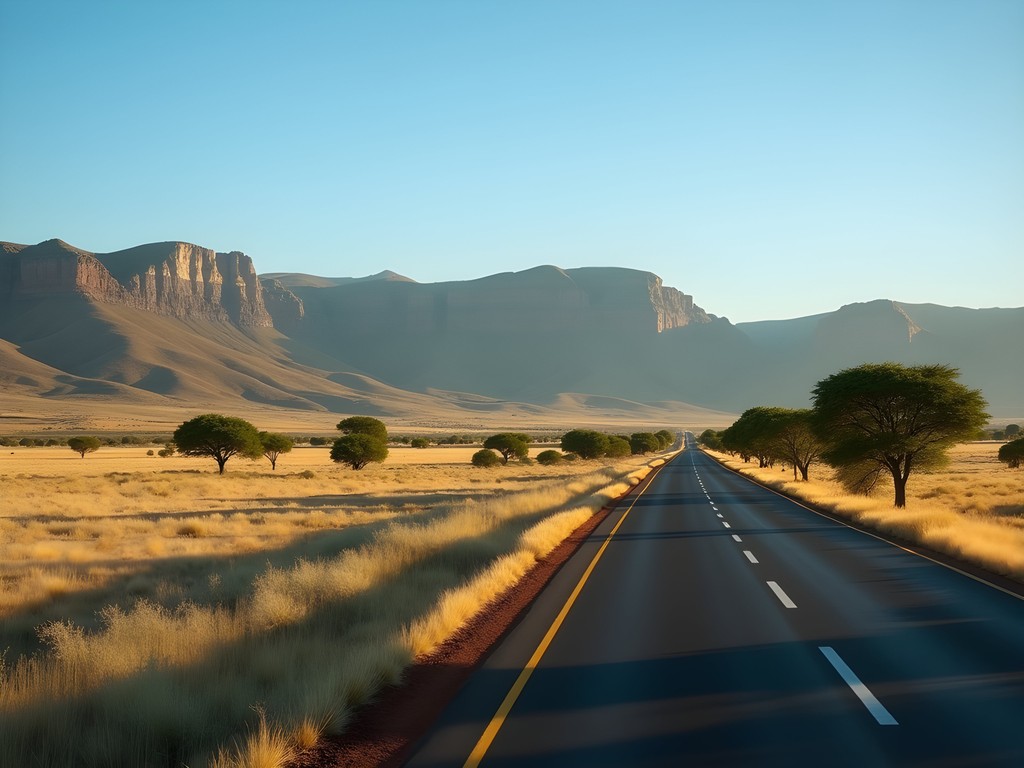
💡 Pro Tips
- International visitors need their original driver's license plus an International Driving Permit
- Decline the rental company's collision damage waiver if your credit card offers rental car insurance
- Fill the tank completely before returning—fuel charges from rental companies are exorbitant
Budget-Friendly Transportation Hacks
After years of stretching travel budgets across continents, I've developed a knack for finding transportation efficiencies. In Polokwane, these strategies saved our group nearly 2,000 rand over our week-long stay.
Accommodation Location Strategy: We chose the African Root Guesthouse specifically for its central location within walking distance of the Mall of the North and several restaurants. The slightly higher room rate was offset by savings on daily transportation costs.
Group Rates Negotiation: For our day trip to Kruger, I negotiated with three different tour operators before securing a 20% discount by combining with another family and being flexible on our departure date. Don't hesitate to request better rates for groups of 4+ travelers.
Multi-Day Rental Discounts: When renting a vehicle for exploration, we discovered that a 3-day consecutive rental qualified for a 15% discount with most agencies. For longer stays, weekly rates offer even better value—our 5-day rental cost only slightly more than a 4-day booking would have.
Local SIM Card: Immediately upon arrival, I purchased a Vodacom SIM card with data (around 150 rand) from the airport kiosk. This allowed us to use map applications for walking directions and rideshare services without roaming charges, saving hundreds on unnecessary taxi fares when destinations were walkable.
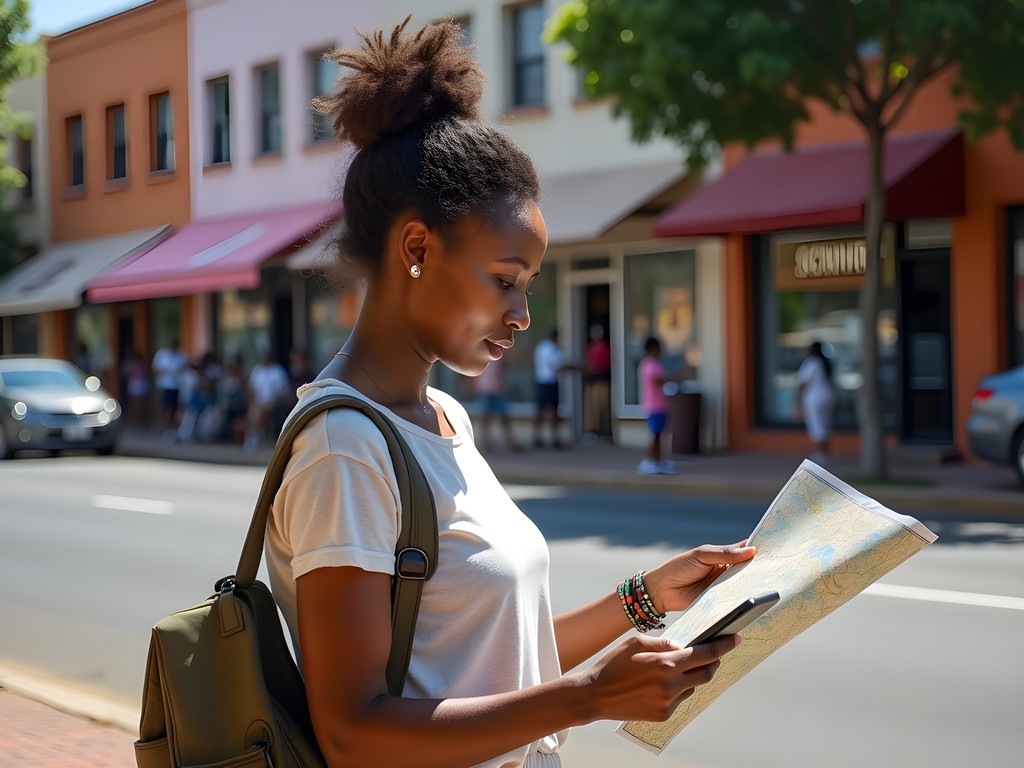
💡 Pro Tips
- Purchase the 7-day tourist pass for GNT buses (85 rand) if you'll use the bus more than 6 times during your stay
- Many guesthouses offer free shuttles to popular attractions if you book activities through them
- Combine transportation costs with other travelers heading to the same destinations by using your accommodation's message board
Final Thoughts
Navigating Polokwane might lack the seamlessness of South Africa's larger cities, but its transportation challenges are far outweighed by the authentic experiences and budget-friendly options available. Throughout my week exploring this gateway to Limpopo province, I was repeatedly struck by how the city's layout—with its circular patterns and radiating transportation routes—mirrors sacred geometric principles found in traditional Sotho village designs.
For families visiting on a budget, the key is strategic planning: choose centrally located accommodation, combine day trips when possible, and don't shy away from public transportation options that bring you closer to local life. The minibus taxi system, while initially intimidating, became one of my favorite ways to observe everyday patterns of community and connection.
Whether you're using Polokwane as a base for exploring Kruger National Park or diving into the rich cultural heritage of the region, the transportation infrastructure, though basic, provides everything needed for memorable family adventures without breaking the bank. Just remember to build flexibility into your itinerary—in Limpopo, the journey truly is part of the destination.
✨ Key Takeaways
- Pre-book airport transfers for hassle-free arrivals, especially with children
- For stays of 3+ days with multiple excursions, vehicle rental becomes more economical than combined public transport costs
- Minibus taxis offer the most authentic and budget-friendly way to experience local culture
- Central accommodation saves significantly on transportation costs over the course of a week
- Download the Bolt app before arrival as a reliable backup option when public transportation isn't feasible
📋 Practical Information
Best Time to Visit
year-round, with May-September offering ideal safari weather
Budget Estimate
$30-50 per day for transportation (family of four)
Recommended Duration
5-7 days
Difficulty Level
Easy

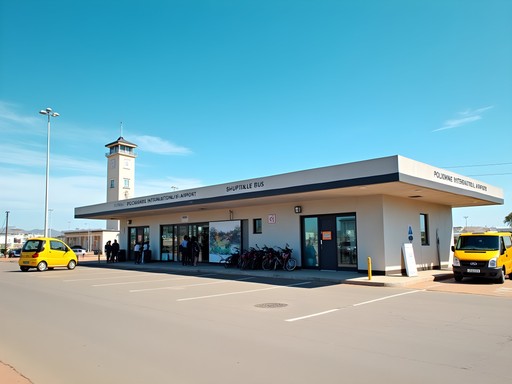
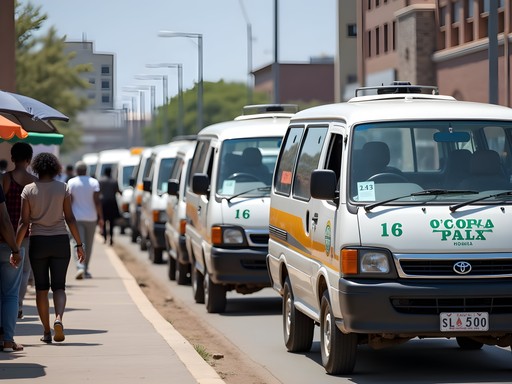

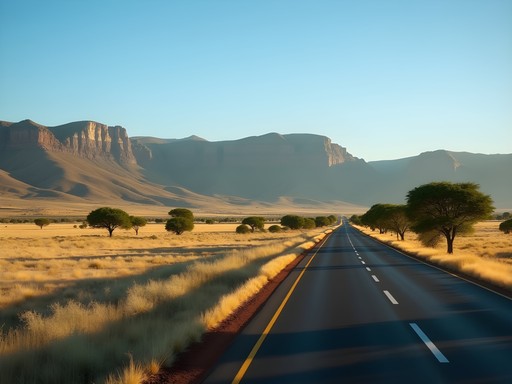
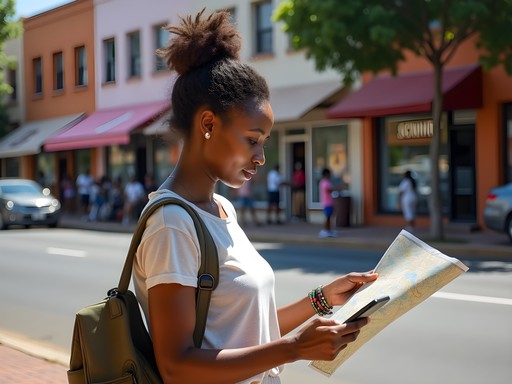



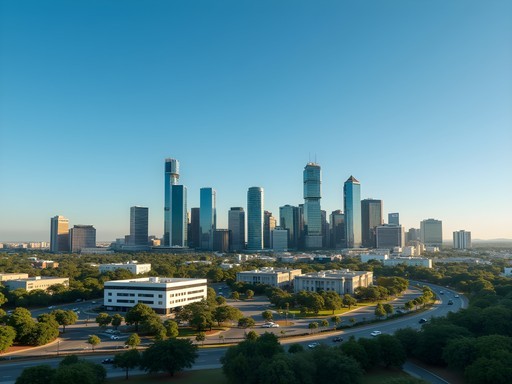
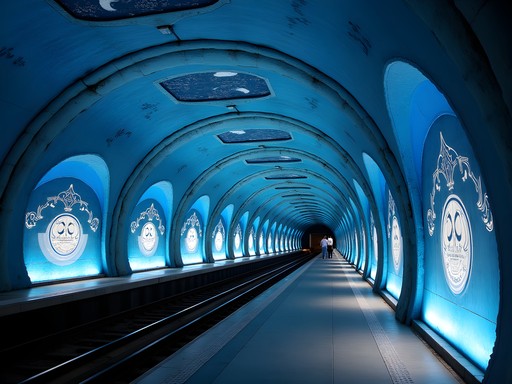
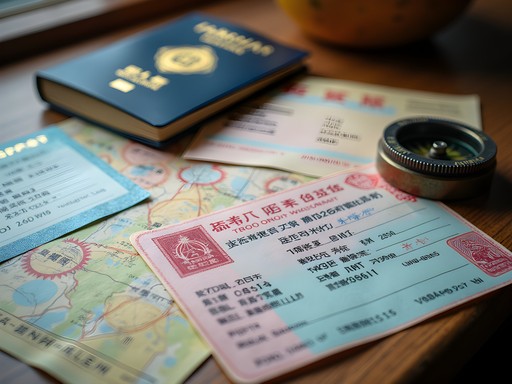
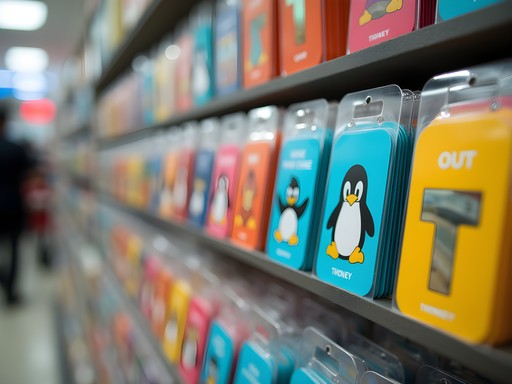
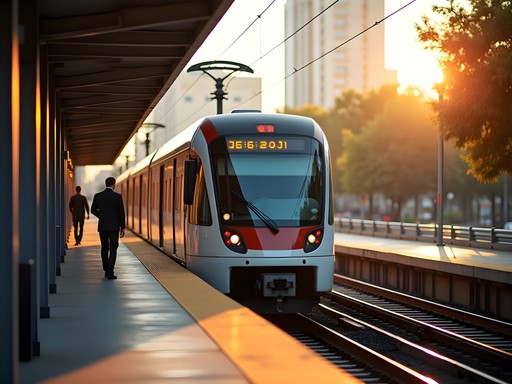
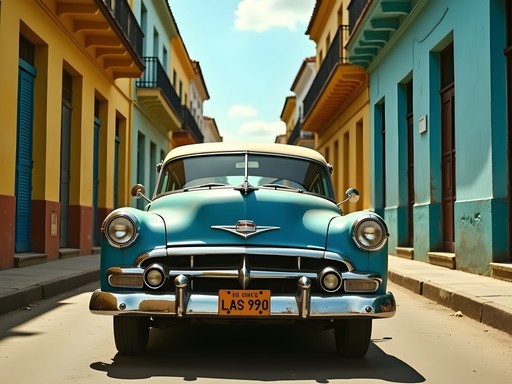
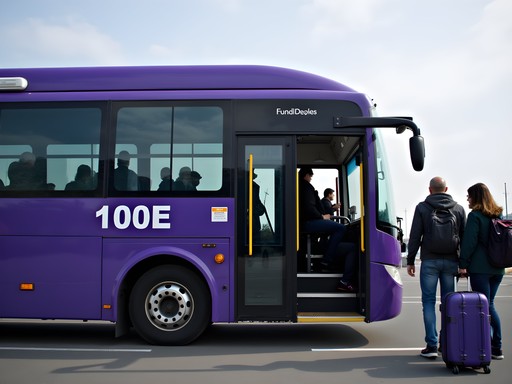
Comments
Jean Wells
Excellent guide, Zoe! Having spent three weeks in Polokwane earlier this year, I can confirm your transportation assessment is spot-on. I'd add that the Safari Shuttle service to Kruger was worth every rand - they handle all the park entrance formalities which saves considerable time. For city exploration, I found the local bus system confusing at first but quite efficient once I understood the routes. The central station staff were surprisingly helpful in explaining transfers. One tip for solo travelers: the shared minibus taxis are incredibly economical but require some cultural adjustment - don't expect them to leave until completely full! Also worth noting that Polokwane's transportation infrastructure is rapidly improving ahead of their tourism development initiative.
happyseeker
Jean, did you try any day trips to nearby villages? Wondering if that's doable without a car.
Jean Wells
Yes! I visited Bakone Malapa Open-Air Museum and a few surrounding villages. The local tour operators at Peter Mokaba Stadium offer affordable half-day trips that include transportation. Much easier than figuring it out independently.
moonbuddy
How safe is it to use the local taxis at night? Planning a trip with my sister in December.
wanderlusttime
We stuck to Bolt (like Uber) after dark and felt totally safe! The drivers were super friendly and prices were reasonable.
Jean Wells
I'd second using ride-hailing apps over traditional taxis at night. Much more accountability and you can share your trip with each other for added safety.
nomadway
We visited Polokwane last year and rented a car which was definitely the right choice for us! The city itself isn't huge but having our own wheels made day trips to Magoebaskloof and the game reserves so much easier. That said, the local taxis were super cheap when we didn't want to drive in the evenings. We used the South Africa GPS which had surprisingly good coverage even in more remote areas.
happyseeker
Just what I needed! Heading to Polokwane next month for work.
Jean Wells
You'll enjoy it! The city buses are actually more reliable than I expected. Just make sure to get a local SIM card for ride-hailing apps.
happyseeker
Thanks for the tip! Any recommendations on where to get a SIM card?
Jean Wells
There's a Vodacom shop right at the airport, but prices are better in town. I got mine at the Mall of the North - took about 10 minutes to set up.
photochamp
That sunset photo at Polokwane Game Reserve is stunning! What camera did you use?
Stephanie Romano
This is such a helpful guide, Zoe! We're planning a family trip to South Africa next year with Polokwane as our starting point for exploring Limpopo. For anyone traveling with kids like us, I'd add that pre-booking a private transfer from the airport is worth every penny. The peace of mind knowing someone will be waiting with appropriate car seats makes a huge difference after a long flight. Also, when we researched, we found that some hotels offer free shuttle services if you ask - definitely worth inquiring about before booking transportation separately.
dreamguy
Great tip about the hotel shuttles! Do you have any specific hotels you're considering?
Stephanie Romano
We're looking at Protea Hotel by Marriott or Fusion Boutique Hotel - both mentioned having airport pickup options when I emailed them!
exploreking
Just got back from Polokwane last week and this guide is spot on! We ended up renting a car which was perfect for our needs since we wanted to explore the surrounding areas. The roads were better than I expected but you definitely need to be comfortable with driving on the left if you're from the US. One tip I'd add - download the area on Google Maps for offline use. Cell service was spotty in some areas outside the city. Also, we used our travel adapter everywhere since South Africa uses those unique three-pronged outlets.
redstar
Love the detailed breakdown! Those airport taxis are definitely a trap lol
dreamguy
Great post! Did you try any of the safari day trips? Worth it?
photochamp
Not the author, but I did the day trip to Kruger from Polokwane. It's a long day (about 2hrs each way) but totally worth it if you're short on time. Got amazing wildlife shots!
Savannah Torres
This brought back memories! We visited Polokwane with our kids last year and definitely agree about booking airport transfers ahead. We made the mistake of not arranging anything and ended up paying way too much for a taxi. For families, I'd recommend the shuttle services you mentioned - they were great about accommodating our car seats and all our luggage. The city buses were a bit challenging with little ones, but the Bolt app worked perfectly for shorter trips around town.
wandertime
Thanks for the tip about Bolt! Did you feel safe using it there?
Savannah Torres
Absolutely! All our drivers were professional and the cars were clean. Just make sure you confirm the driver's name and license plate before getting in, like anywhere else.
Venture X
Premium card with 2X miles, $300 travel credit, Priority Pass